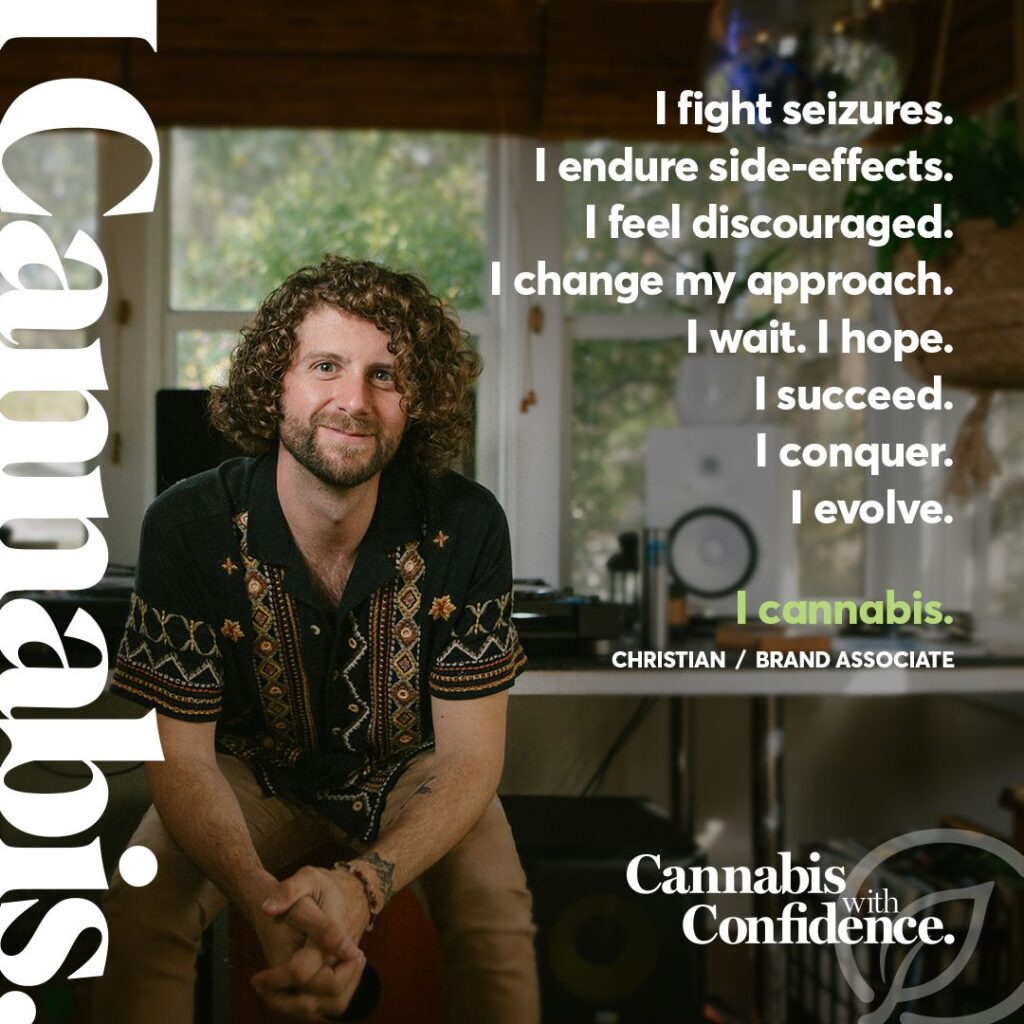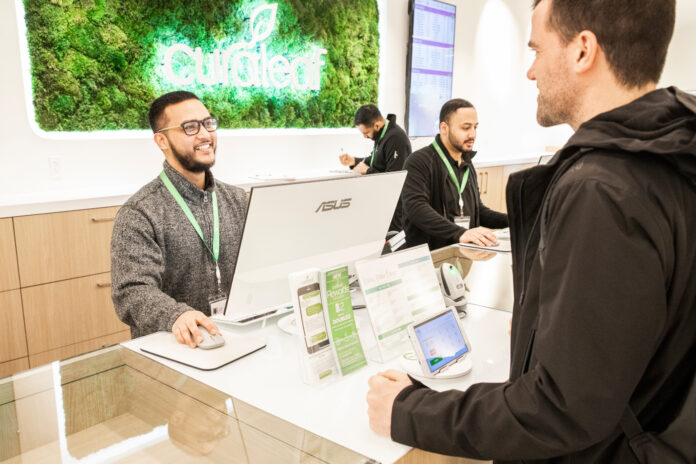Consumption has climbed to record rates in the U.S., but many consumers still harbor dated cannabis stigmas. Considering the decades of anti-cannabis messaging promulgated during the war on drugs, many curious consumers now understandably have concerns about the safety of cannabis and guidelines for its consumption.
Thoughtful marketing can play a pivotal role in bridging information and perception gaps in order to normalize consumption among cautious but receptive audiences. Businesses can leverage their reach to facilitate transparent conversations about responsible use and educate the public about who the modern cannabis customer is.
At Curaleaf, we did exactly that by mounting a national outreach program featuring our own customers, patients, and employees. The ongoing “I Cannabis” campaign gives these valuable members of our brand identity an inclusive platform to discuss the positive role the plant plays in their lives. Over the past year, we’ve learned some things other brands may be able to use as they consider their own marketing programs. Here are three.
Be candid but aware of the risks

People can be afraid of things they don’t understand. A critical part of bringing hesitant consumers to the table involves building trust, and that can happen only when we, as marketers, are forthcoming.
In order to create trust, our marketing team first searched for compelling stories within Curaleaf’s workforce. After all, how could we expect others to embrace cannabis if we couldn’t demonstrate how the plant has shaped our own lives? Upon identifying the most engaging and relatable employee stories, we turned to our existing patients and customers—spanning veterans, people living with chronic illness, journalists, athletes, advocates, and entrepreneurs—to further humanize cannabis relationships. By highlighting the myriad ways our diverse consumers use the plant, we showed mainstream audiences cannabis is for people from all walks of life.
Using personal testimonies is also an effective way to reach potential customers in spite of cumbersome regulations. Both state and federal policies limit where advertising and marketing can be seen and what they can say, which makes many campaigns inaccessible to everyday adults. Fortunately, using real patient and consumer stories in our “I Cannabis” campaign allowed us to discuss the mental and physical benefits of cannabis compliantly and with authenticity.
Think locally

Cannabis use can be deeply personal, which is why national campaigns also should appeal to local audiences. When it comes to building trust, especially in cannabis, the stories of local tastemakers, business owners, and residents likely resonate on a more personal level with members of their community. In fact, mainstream marketing studies found nearly one-third of shoppers are more likely to purchase products endorsed by mico-bloggers than by celebrities.
Because dispensaries often provide curious customers their first impression of cannabis, we knew it was important to utilize a highly local strategy in our retail locations. Spotlighting local stories showed potential customers that real and ordinary people from their neighborhoods use our products and demonstrated the spectrum of consumption spans medical, wellness, and adult use.
Vertically integrated operators must ensure the voice and feel of their marketing messages flow into the retail experience as well. Smaller brands also should make sure their dispensary partners share their values and are well-regarded in their respective markets. Dispensaries are critical access points for the local community, so don’t write off the role of positive retail experiences when it comes to building consumer trust.
Own what you stand for

One of the main messages marketers disseminate across the industry is a commitment to facilitating wellness in all forms. This means being vocal not only about the personal benefits of cannabis but also about measures that address the lasting harms perpetuated by the war on drugs.
Brands and operators taking a firm stance on this issue shouldn’t shy away from challenging systemic inequities for fear of receiving pushback from consumers.
Earlier this year, our team launched a social impact brand with Fab 5 Freddy and Bernard Noble from B Noble Inc. The brand partnership was inspired by Noble’s own experience being sentenced to thirteen years of hard labor without the possibility of parole for carrying two joints’ worth of cannabis in 2011. Although he was released after serving seven years, Noble’s case quickly became a flashpoint as more Americans became frustrated with the country’s disproportionately high incarceration rate for people of color and draconian drug laws.
Through this ongoing partnership, 10 percent of sales generated by B Noble pre-rolls—which are available in emerging and established adult-use states including Arizona, Maine, Nevada, Oregon, Illinois, and Michigan—are donated to local organizations that support individuals reentering society after nonviolent cannabis convictions. Fab 5 Freddy and Noble’s stories also are featured in the national “I Cannabis” campaign in order to further educate everyday consumers about the lasting injustices created by prohibition. Modern consumers possess a significant amount of leverage to facilitate policy reforms, which is why our team plans to amplify this cause by expanding the B Noble brand into more markets, including Colorado.
In today’s environment, it’s important to develop marketing strategies with the right intentions. While our underlying goal is to drive product sales, we must recognize our higher-level mission to destigmatize the industry, support our local communities, and rectify the harms caused by the war on drugs. These profound goals can’t be accomplished without transparency, physically meeting consumers where they are, and making your values known to the public.

Kate Lynch is the senior vice president of marketing at Curaleaf, the parent company of Select and Grassroots brands. She leads the company’s 360-degree marketing operations and commercialization efforts across a twenty-three-state footprint. Prior to joining Curaleaf, she held senior-level positions in marketing at Columbia Care and sixty-five-store apparel chain Eastern Mountain Sports.













